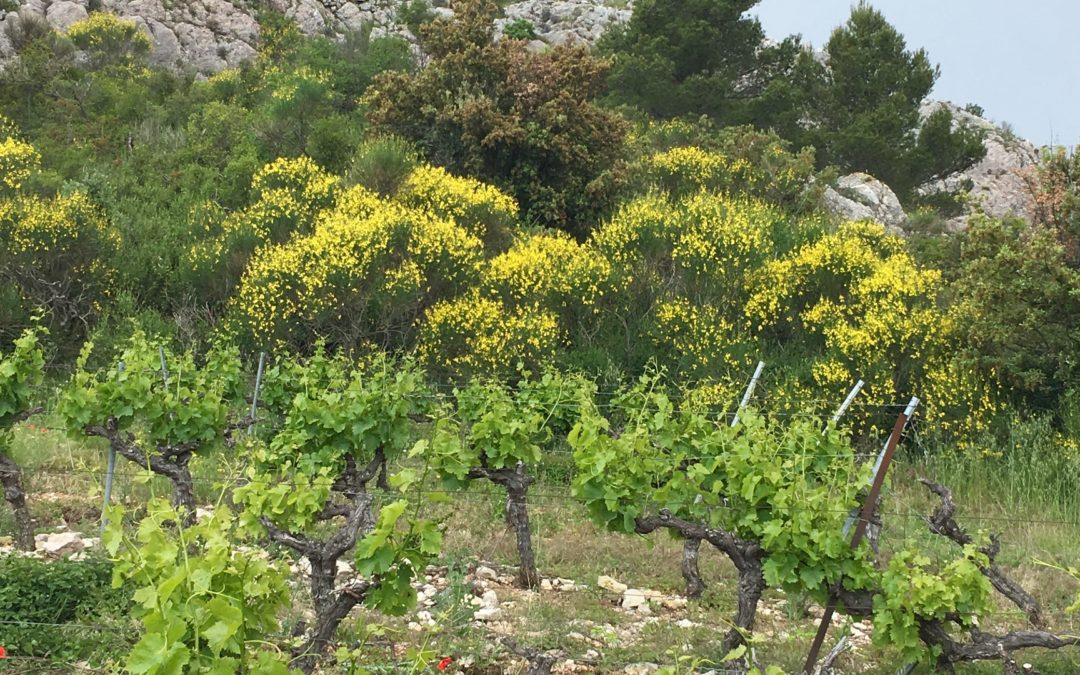We are happy to share this news with you
After 3 years of conversion under not always easy conditions (frost, mildew and others vagaries from Nature …) our work is finally rewarded. From the 2021 vintage onwards, all our wines are certified AB. This certification completes our HVE (High Environmental Value) certification obtained in 2019
Organic (AB) and High Environmental Value (HVE) are two complementary methods of valorization
What are the similarities and differences between HVE and Organic?
– Organic is an official sign of quality. This sign is governed by specifications defined at European regulatory level and can relate to a product, whether processed or not. The requirements are expected at all stages of the chain: from the production of raw materials to processing and distribution and are subject to controls at all stages.
– HVE is a label that is supervised by the French authorities and allows for “farm” certification. The specifications cover the entire farm. To obtain certification, the farmer must reason out his practices on the scale of the farm (agro-ecological principles), taking into account all the natural areas present on his farm.
What do these two types of certification guarantee to consumers?
– Organic production attests to environmental excellence at all stages, in particular through the implementation of practices that guarantee the absence of synthetic chemicals and GMOs. Organic production is based on respecting natural systems and cycles, maintaining and improving the health of the soil, water, plants and animals, contributing to a high level of biodiversity, and respecting high animal welfare standards.
– The HVE certification attests to environmental excellence through the achievement of performance thresholds (obligations of results) in 4 areas: biodiversity (presence of agro-ecological infrastructures on the farm such as hedges, grassed strips, groves, etc.), phytosanitary strategy, fertilisation management and irrigation.
A farm can be both organic and HVE. Organic and HVE make it possible to promote different but complementary agro-ecological practices that all contribute to improving the impact of farming on the environment.
To go further, the organic winegrower fertilises the vineyard with compost and green manure. In order to protect the vines from diseases and pests, he applies preventive methods, uses natural substances or resorts to biological control. Weeding is carried out mechanically or manually. By paying particular attention to the life of the soil and allowing the roots of the vines to develop in depth, the organic winegrower encourages the expression of the terroir.
The organic production methods respect precise specifications, with :
– Certification by a body approved by the public authorities for its competence, independence and impartiality.
– Strict and systematic controls in the vineyards and cellars, with sampling and analysis.
The regulation concerning the “organic wine” label implies :
– The prohibition of certain winemaking practices (strict limitation of usable inputs).
– A limit on the amount of sulphites authorised (which in any case remains lower than the maximum authorised in conventional wine).




Recent Comments